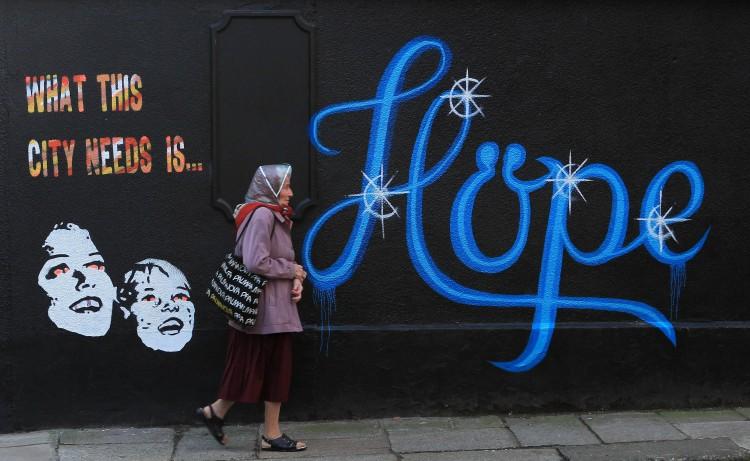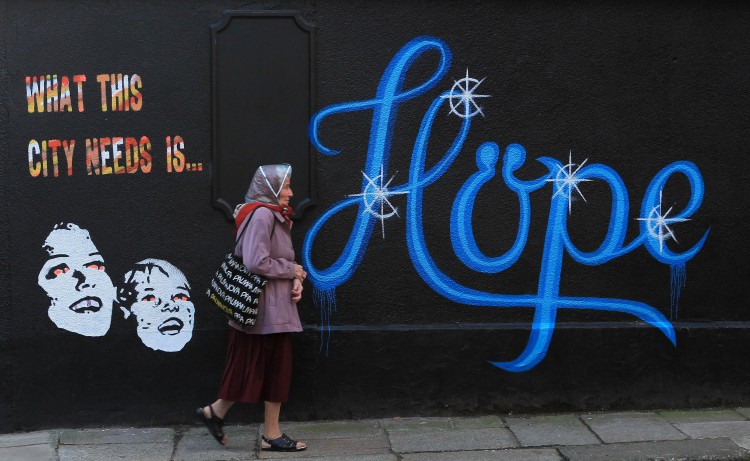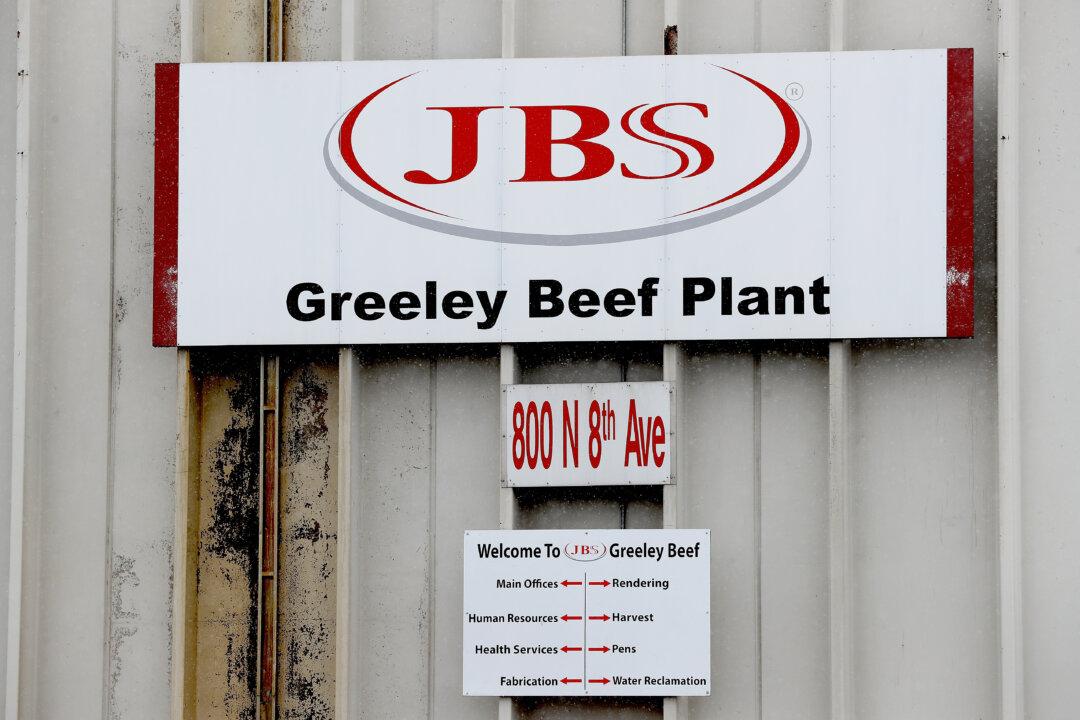With the Irish referendum to ratify the European Stability Treaty looming on May 31st, recent opinion polls suggest that up to one third of Irish voters are still undecided. The Irish Independent-Millward Brown Lansdowne poll found, however, that 37 per cent of voters currently intend to vote ‘Yes’, while 24 per cent intend to vote ’No‘. When statistically adjusted to include undecided voters, last Thursday’s poll suggests that a majority of 60 per cent of voters could vote ’Yes’.
The governing coalition parties of Fine Gael and Labour are joined by major opposition party Fianna Fáil in calling for a Yes vote, while parties from across the left wing, including Sinn Féin, oppose the Stability Treaty.






